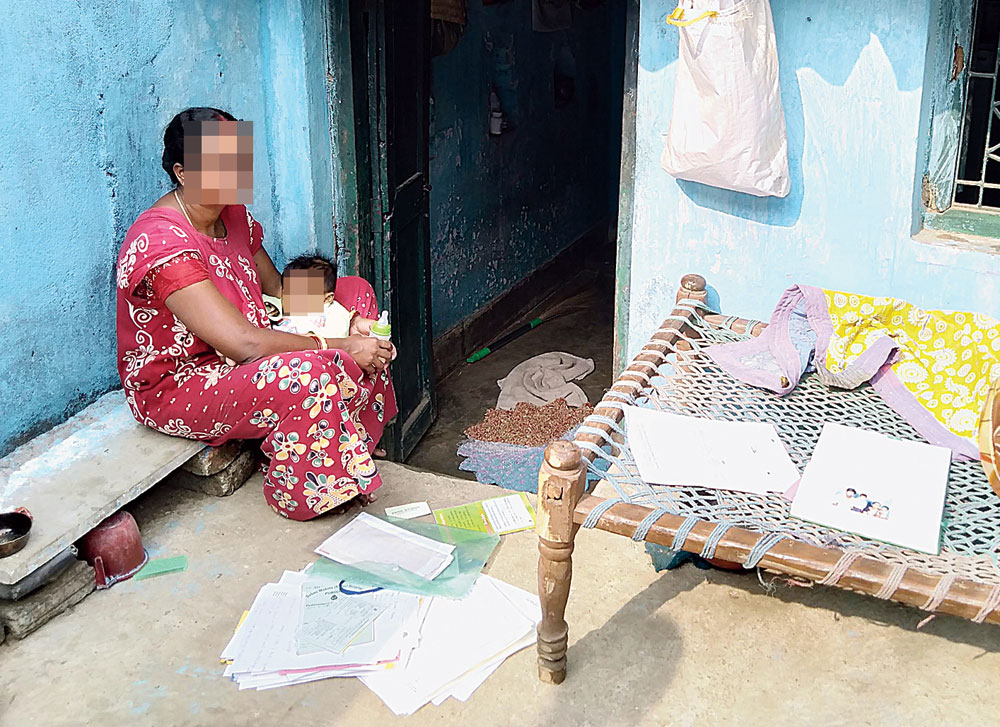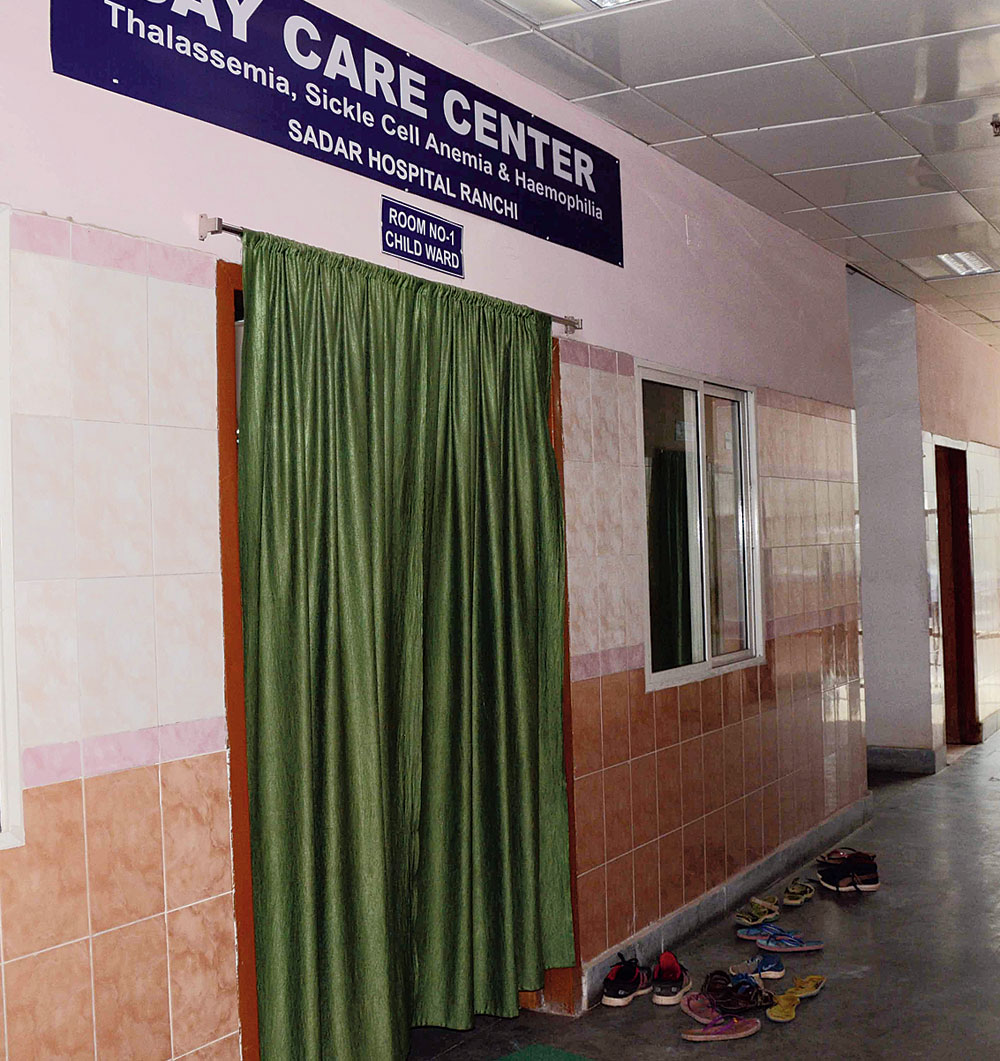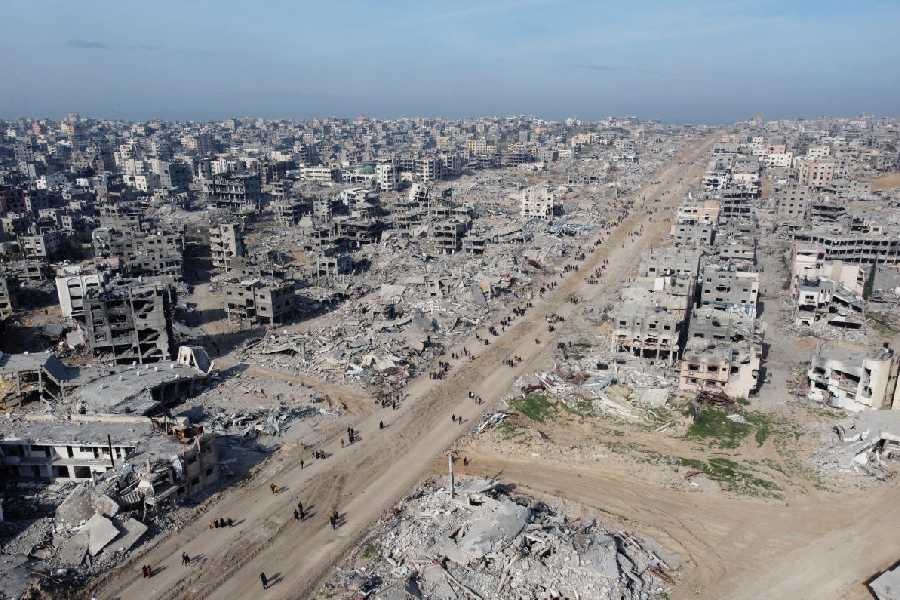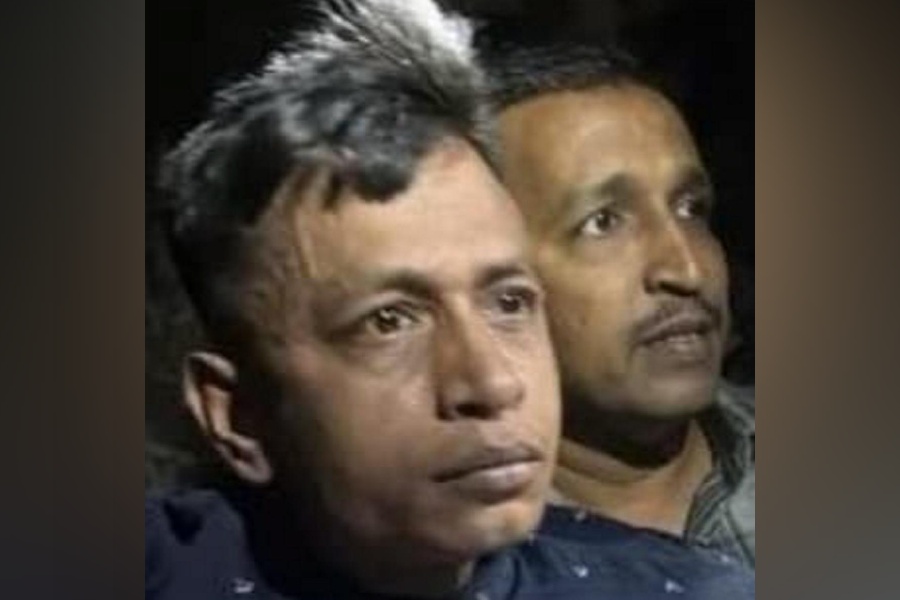The past three months have been baffling for a Class III student in Tatisilwai. The 10-year-old is not sure why his friends have stopped playing with him or why he is not allowed to share food with other children. He also finds the steady stream of visitors enquiring about his health curious.
The son of an auto-rickshaw driver, he was detected with thalassemia when he was only a toddler. The inherited blood disorder didn’t stop him from pursuing his passion for studies and music all these years. Suddenly, him being sick is news and fodder for pity. He doesn’t know why.
The child who requires blood transfusion every month doesn’t know that the very procedure that had ensured his survival so long had now compromised his existence. He is one among the seven ailing children who tested positive for either HIV or HCV infection at Ranchi Sadar Hospital’s day care centre in August.
After the boy was detected with thalassemia in 2009, his family had taken him to a private hospital for transfusion for three years. But soon, cost of treatment prompted them to switch to state-run Purulia Sadar Hospital in Bengal, then to RIMS in Bariatu here in 2015 and finally, Ranchi Sadar Hospital in August this year.
Units for transfusion were initially sourced from private Birsa Blood Bank and later from the RIMS facility. Deputy commissioner Rai Mahimapat Ray said the state heath secretary had ordered a probe how the child ended up getting infected. The source of HIV infection is still unclear though.
When this correspondent reached Tatisilwai on Wednesday looking for the boy and his family, a local resident promptly showed the address with a typical remark, “Arey wahi na jisko gambhir bimari ho gayi hai (That kid with HIV, you mean)”.
Originally from Silli, the family settled in Tatisilwai more than a decade ago. The boy is the eldest among three siblings. His sister is three years younger and studies in Class II. The two have a five-month-old brother who has recently been detected with thalassemia as well.
The never-ending ordeal made their mother, a homemaker, tear up. “My son has been suffering from thalassemia since he was 13 months old. Now, he has HIV. It was not his fault; not ours either. I am illiterate, but even I know that the disease is not transmitted if you shake hands or share food. Superstitious people are making our life difficult,” she said.
The mother said the family’s income was around Rs 6,000 a month and they spent Rs 2,000 alone on the boy’s treatment. “We don’t know what to do. The future is dark,” she said.
The family has a ration card, which by default entitles them to benefits under the Ayushman Bharat health scheme. “But, we are running from pillar to post, seeking enrolment. For six months, the PDS dealer has stopped giving us food grains, saying our Aadhaar card had our old Silli address,” she said.
Neighbours said the boy is good in academics and extracurricular activities. “He can sing; he can play the drums; he also makes sculptures. We are deeply pained by what has happened to him. Discrimination is wrong,” said a veteran resident.
Secretary of Jharkhand Thalassemia Society Atul Gera reiterated that this was a case of negligence.
“Standard protocol says the blood of a thalassemia patient must be tested every three to six months to rule out other infections possible during transfusion. I doubt this was ever done before the boy was brought to Sadar hospital’s day care wing. Also, blood units used for transfusion must be tested,” he said, adding that accountability should be fixed without delay to prevent a rerun.

I am illiterate, but even I know that the disease is not transmitted if you shake hands or share food. Superstitious people are making our life difficult
Mother of the 10-year-old boy in Tatisilwai, Ranchi
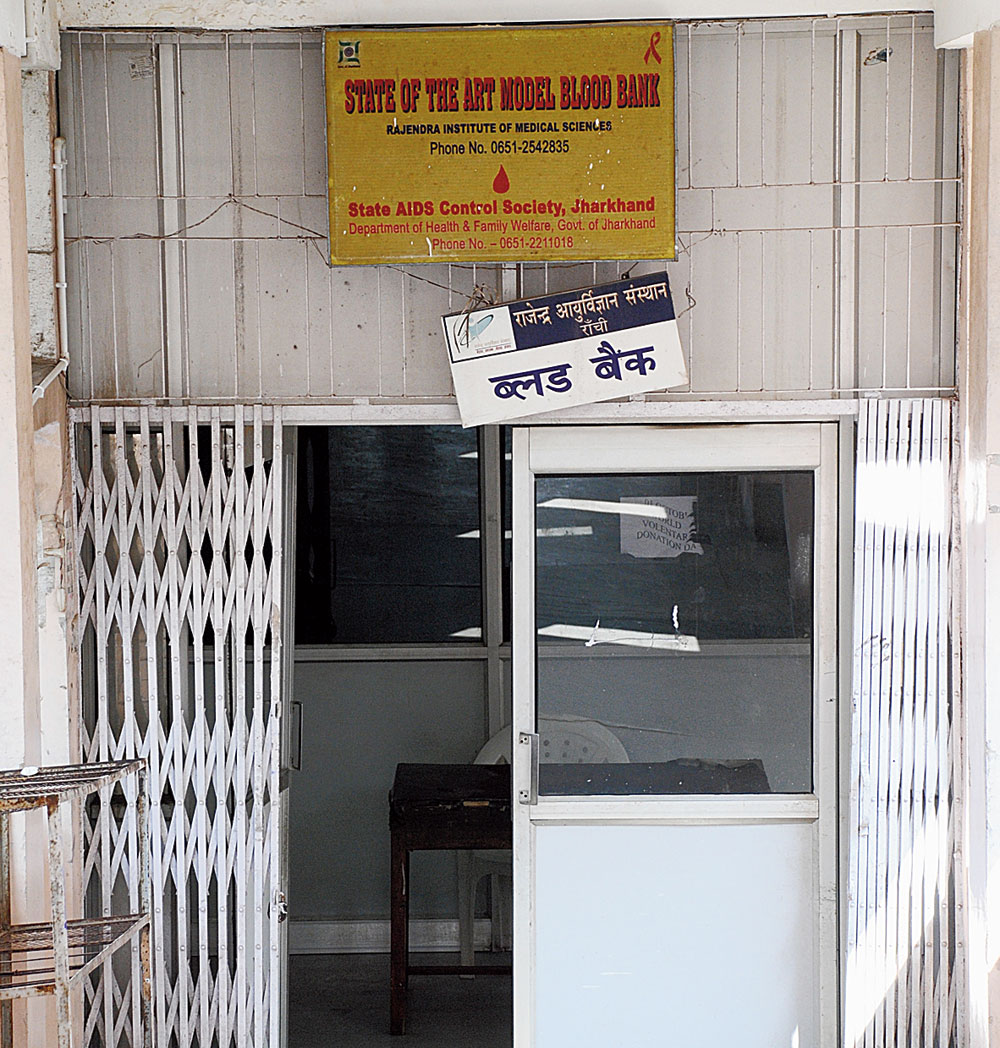
The blood bank at state-run RIMS from where units are supplied to Ranchi Sadar Hospital (Vijay Deo Jha)

